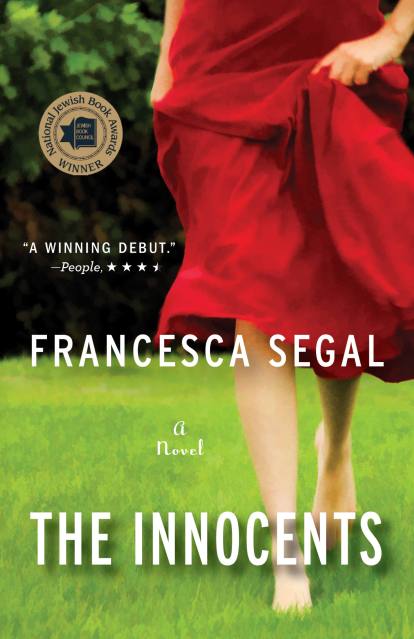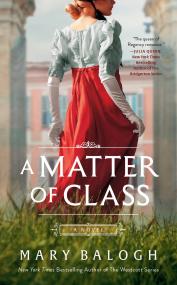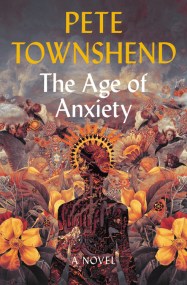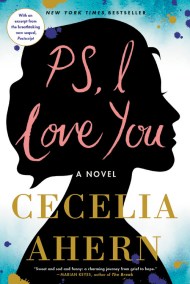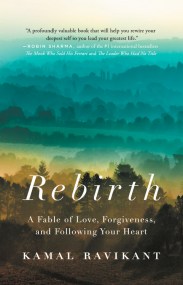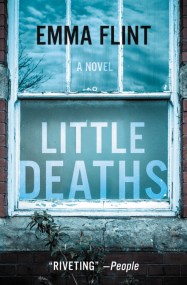By clicking “Accept,” you agree to the use of cookies and similar technologies on your device as set forth in our Cookie Policy and our Privacy Policy. Please note that certain cookies are essential for this website to function properly and do not require user consent to be deployed.
The Innocents
Contributors
Formats and Prices
- On Sale
- May 14, 2013
- Page Count
- 304 pages
- Publisher
- Grand Central Publishing
- ISBN-13
- 9781401341893
Price
$21.99Format
Format:
- Trade Paperback $21.99
- ebook $9.99
- Audiobook Download (Unabridged) $27.99
This item is a preorder. Your payment method will be charged immediately, and the product is expected to ship on or around May 14, 2013. This date is subject to change due to shipping delays beyond our control.
Buy from Other Retailers:
A smart and slyly funny tale of love, temptation, confusion, and commitment; a triumphant and beautifully executed recasting of Edith Wharton’s The Age of Innocence.
Newly engaged and unthinkingly self-satisfied, twenty-eight-year-old Adam Newman is the prize catch of Temple Fortune, a small, tight-knit Jewish suburb of London. He has been dating Rachel Gilbert since they were both sixteen and now, to the relief and happiness of the entire Gilbert family, they are finally to marry. To Adam, Rachel embodies the highest values of Temple Fortune; she is innocent, conventional, and entirely secure in her community–a place in which everyone still knows the whereabouts of their nursery school classmates. Marrying Rachel will cement Adam’s role in a warm, inclusive family he loves.
But as the vast machinery of the wedding gathers momentum, Adam feels the first faint touches of claustrophobia, and when Rachel’s younger cousin Ellie Schneider moves home from New York, she unsettles Adam more than he’d care to admit. Ellie–beautiful, vulnerable, and fiercely independent–offers a liberation that he hadn’t known existed: a freedom from the loving interference and frustrating parochialism of North West London. Adam finds himself questioning everything, suddenly torn between security and exhilaration, tradition and independence. What might he be missing by staying close to home?
Genre:
-
"An emotionally and intellectually astute debut."Kirkus
-
"[A] delightful first novel... wise, witty and observant."The London Times
-
"Segal writes with an understated elegance."The Observer (UK)
Newsletter Signup
By clicking ‘Sign Up,’ I acknowledge that I have read and agree to Hachette Book Group’s Privacy Policy and Terms of Use
